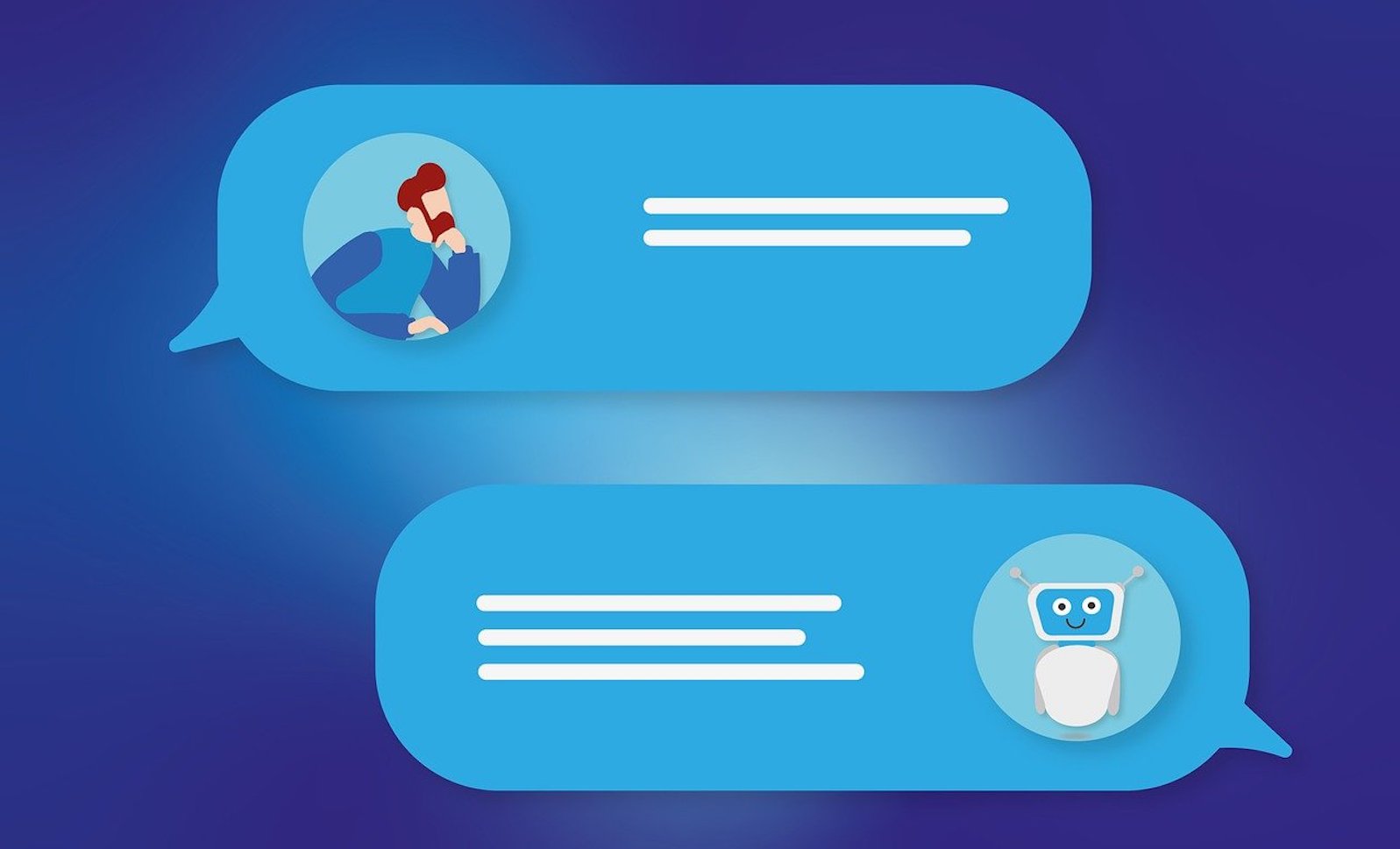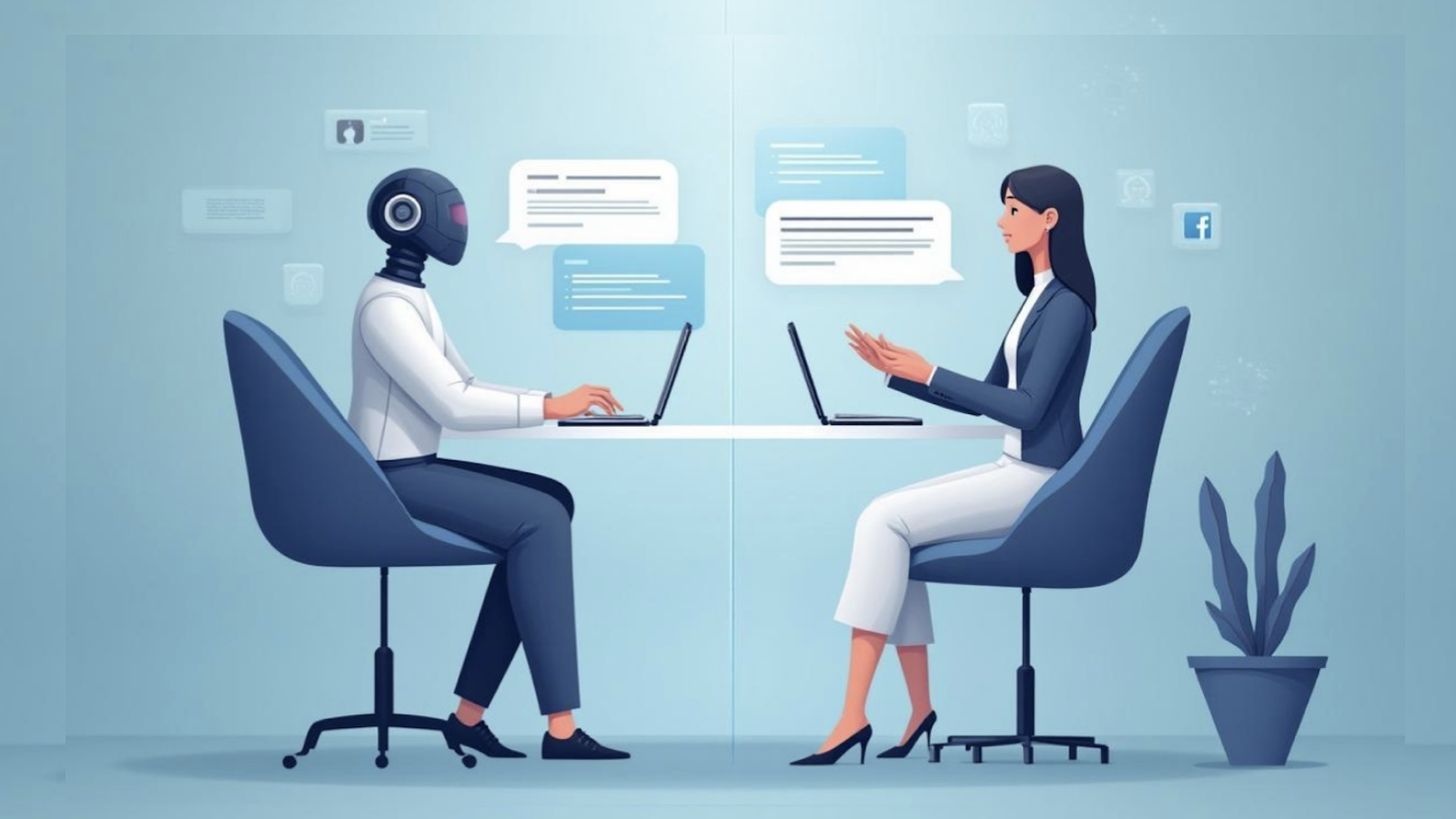KEY TAKEAWAYS:
--AI, perhaps based on ChatGPT, can streamline customer support processes and remove much of the manual effort in data analysis, freeing time for analysts to do more important work.
--AI can also recommend predictive maintenance to clients and revolutionize quality control by detecting even subtle defects, reducing losses.
--While taking over certain types of work, AI will also lead to the emergence of novel roles such as AI ethics officers, AI trainers and data scientists.
----------
With the rapid advancement of artificial intelligence (AI), concerns about job displacement have become prevalent. However, it is essential to understand that AI, including language models like ChatGPT, has the potential to enhance and transform job roles rather than replace them. This article aims to dispel the notion that ChatGPT and AI are job killers and instead highlights how they can augment human capabilities and drive positive change in all industries across the scale.
The Evolution of AI and the Changing Job Landscape
AI technologies have made significant progress, with models like ChatGPT demonstrating remarkable language understanding and generation abilities. Instead of perceiving AI as a menace, we must embrace its potential to transform various industries, ushering in greater efficiency, enhanced customer experiences and the emergence of fresh employment prospects.
Streamlining Customer Support
AI-powered chatbots, such as those built on ChatGPT, can be invaluable in almost every industry for streamlining customer support processes. These chatbots can handle routine inquiries, provide in-depth information and facilitate various customer interactions. With these repetitive tasks automated, human agents can focus on complex customer interactions that require empathy and personalized attention. This focus improves overall customer satisfaction and enables agents to build stronger relationships with customers.
For instance, an insurance company's customer support team can use ChatGPT to respond instantly to common policy questions, allowing customers to receive immediate assistance without waiting for a human agent. This collaborative approach ensures efficient support delivery while freeing human agents to tackle more intricate customer issues.
Improving Data Analysis
Efficient data analysis is vital in various industries, and AI technologies such as ChatGPT can play a significant role. These advanced systems can analyze vast amounts of data, extract valuable insights and automate the initial evaluation. By reducing the need for manual data analysis tasks, AI streamlines the process and enables faster decision-making and actionable outcomes across different sectors.
In the case of an insurance company handling property damage claims, ChatGPT can analyze the submitted photos, assess the extent of damage and recommend an initial estimate based on historical data and predefined guidelines. Human adjusters can then review and validate these recommendations, ultimately expediting the claims settlement process and ensuring a seamless customer experience.
Predictive Maintenance
AI-powered systems like ChatGPT can be instrumental in various industries for implementing predictive maintenance strategies. By analyzing data from sensors, equipment logs and maintenance records, AI can identify patterns and anomalies that indicate potential equipment failures. This enables maintenance interventions, preventing costly breakdowns and maximizing operational efficiency across different sectors.
For instance, an insurance underwriting team can use ChatGPT to evaluate potential policyholders' applications by considering various risk factors such as demographics, credit scores and driving records. ChatGPT can analyze the data, identify patterns and generate risk scores or recommendations for underwriters to consider during their evaluation. This collaborative approach improves risk assessment accuracy, efficiency and consistency, enabling underwriters to make well-informed decisions.
Quality Control and Defect Detection
AI systems, such as ChatGPT, can revolutionize quality control in various industries. By analyzing product data, sensor readings and historical performance metrics, AI can quickly identify deviations from expected standards and detect potential defects. This enables timely interventions, reduces waste and improves overall product quality, ensuring customer satisfaction across different sectors.
For example, an insurance company can deploy ChatGPT to analyze multiple claims submitted by the same policyholder within a short period. If the model detects patterns indicating potential fraudulent behavior, it can alert human investigators to conduct a thorough investigation. This collaboration between AI and human expertise strengthens fraud-detection measures, protects the integrity of insurance operations and reduces losses.
Creating Job Opportunities
Contrary to the fear of job displacement, AI implementation creates job opportunities. As AI technologies become more prevalent, the demand for professionals who can develop, deploy and manage these systems will rise. Insurance companies will require skilled individuals to train and fine-tune AI models, analyze data and ensure the ethical and responsible use of AI. Additionally, the integration of AI in insurance operations will lead to the emergence of novel roles such as AI ethics officers, AI trainers and data scientists, fostering innovation and driving industry growth.
Conclusion
Rather than fearing the impact of AI and language models like ChatGPT, we should embrace the transformative potential they bring. By automating repetitive tasks, enhancing decision-making and creating job opportunities, AI augments human capabilities and improves efficiency and customer experiences. As the insurance industry evolves, professionals need to adapt, upskill and collaborate with AI technologies to shape a future where humans and AI work together harmoniously to achieve greater success in the insurance landscape.







